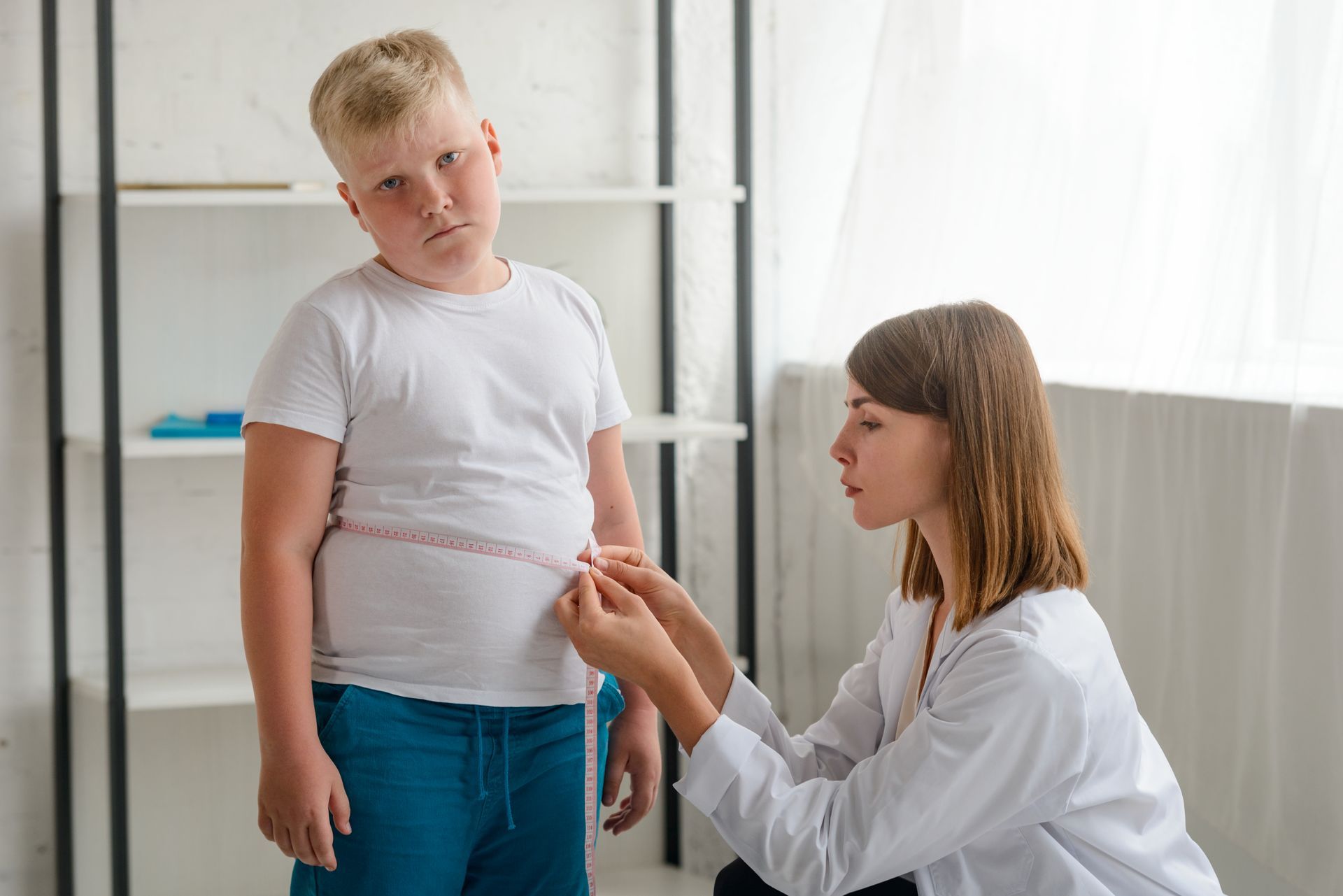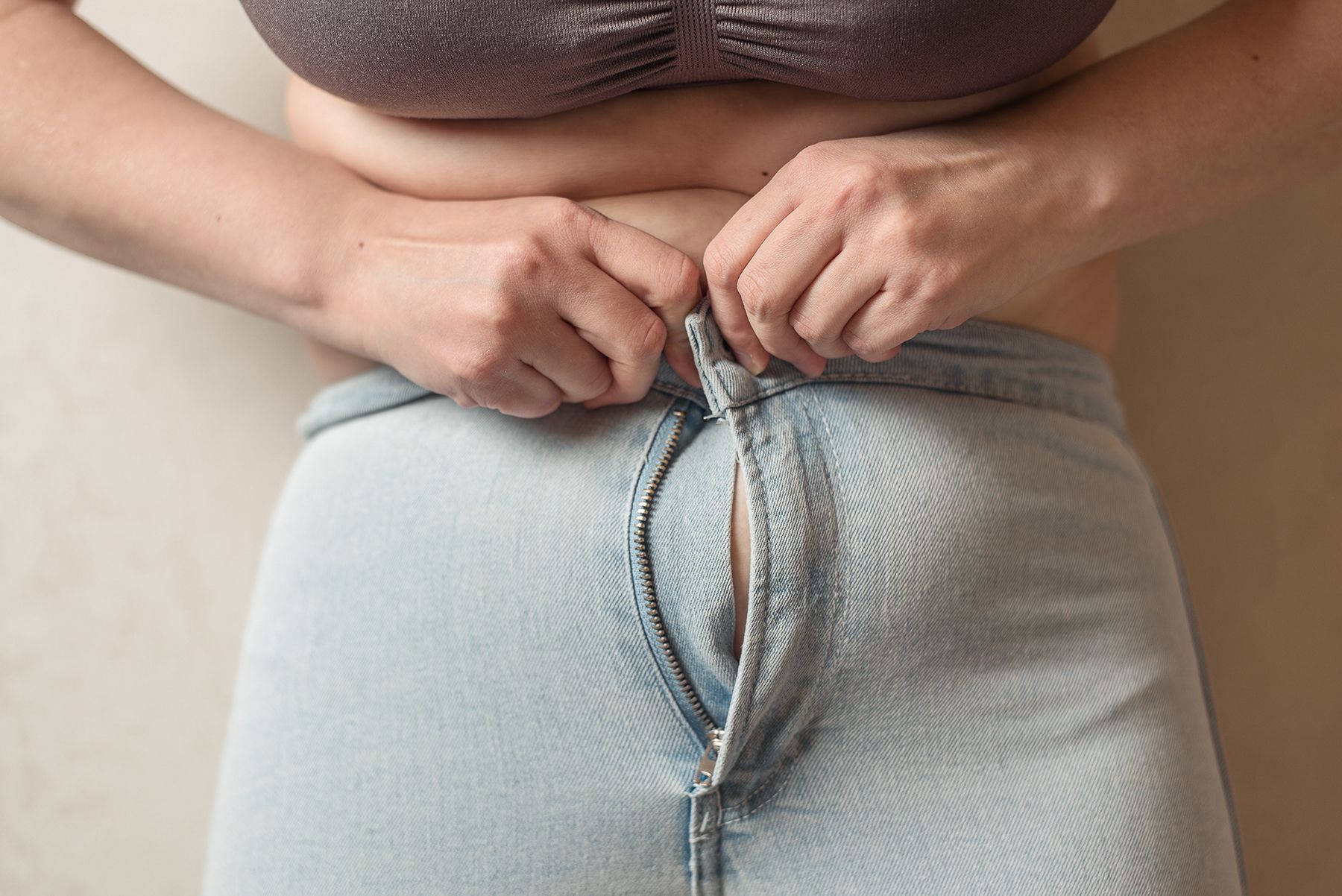Childhood Obesity: An Alarming Concern & Its Lifelong Impact | Kansas City Laser-Like Lipo®
Childhood Obesity: An Alarming Concern & Its Lifelong Impact

Photo Credit: Shutterstock
Presented by Kansas City Laser-Like Lipo®
Childhood obesity is not just an issue of "baby fat" that children will "grow out of." It’s a serious, complex medical condition that can have profound effects on children both physically and emotionally. The childhood obesity rates have been steadily increasing, and it’s a trend that carries significant implications for the future health of these children. At *Kansas City Laser-Like Lipo®*, we’re passionate about promoting good health. We believe understanding is the first step, so let’s delve deep into the issue of childhood obesity.
The Rising Trend of Childhood Obesity
Over the past few decades, childhood obesity rates have risen alarmingly. According to data from the Centers for Disease Control and Prevention, the percentage of obese children in the United States has more than tripled since the 1970s. Today, about one in every five children is obese. This is not just a number—it represents millions of children facing potential health challenges.
The Health Consequences of Childhood Obesity
- Physical Health Issues: Childhood obesity can lead to various health problems, both in the short term and later in life:
- Immediate Complications: Childhood obesity increases the risk of high blood pressure, type 2 diabetes, and elevated blood cholesterol levels. Additionally, obese children might face asthma, sleep apnea, and other breathing problems.
- Long-Term Implications: Children who are obese are at higher risk of becoming obese adults. This predisposes them to chronic diseases such as heart disease, type 2 diabetes, stroke, various types of cancers, and osteoarthritis.
- Increased Fat Cells: Adults who were overweight or obese during their childhood tend to have more fat cells compared to those who maintained a healthy weight as kids. Even if they lose weight later in life, these extra fat cells can make weight management more challenging, as they can expand or shrink but never truly disappear.
- Emotional & Mental Health: Childhood obesity doesn’t just affect the body; it also takes a toll on a child’s mental and emotional well-being:
- Low Self-Esteem: Kids often face bullying or teasing due to their weight, which can lead to a decrease in self-esteem and an increase in depression.
- Social Isolation: Weight stigma may result in obese children feeling isolated, leading to increased feelings of sadness and loneliness.
- Behavioral Issues & Learning Obstacles: The emotional strain can also cause disruptions in school, from difficulty concentrating to a greater likelihood of skipping school altogether.

Photo Credit: Shutterstock
Root Causes: Where It Begins
While genetic factors can contribute to obesity, the rapid increase in cases is linked more to environment and lifestyle habits. Many reasons for childhood obesity trace back to the household.
- Dietary Habits: Increased consumption of high-calorie, low-nutrient foods and beverages plays a significant role. Many children are consuming foods with excessive sugar, fats, and salts.
- Physical Inactivity: With the rise of technology, many children prefer indoor activities, leading to a sedentary lifestyle. The reduction in physical education classes in schools doesn’t help either.
- Parental Influence: Parents are primary role models. When parents lead sedentary lifestyles or maintain unhealthy eating habits, children are likely to emulate these behaviors. Also, the way parents perceive food (using it as a reward or consolation) can deeply influence a child's relationship with it.
- Socioeconomic Factors: Sometimes, unhealthy foods are cheaper and more accessible than healthier options, particularly in areas known as “food deserts.” For families with limited resources, this can result in a diet that promotes obesity.
Changing the Future: Steps Towards a Healthier Tomorrow
Addressing childhood obesity is crucial, not just for the well-being of individual children, but for the future health of our nation and the world. Here’s how we can make a difference:
- Educate & Empower: Knowledge is power. Parents and guardians should be educated about healthy dietary choices, the importance of physical activity, and the implications of childhood obesity.
- Create Supportive Environments: Schools, communities, and even workplaces can promote healthy eating habits and encourage physical activities. Establishing community gardens, parks, or walking trails can make a substantial difference.
- Access to Healthy Foods: Encourage local stores to stock healthy foods, support local farmers, and promote community-led initiatives to counteract food deserts.
At Kansas City Laser-Like Lipo®*, we are dedicated to helping individuals achieve their best health. We believe in starting early, understanding the implications of our choices, and making informed decisions. Childhood obesity is not an insurmountable challenge; with knowledge, dedication, and community support, we can turn the tide for the next generation.











Share On: